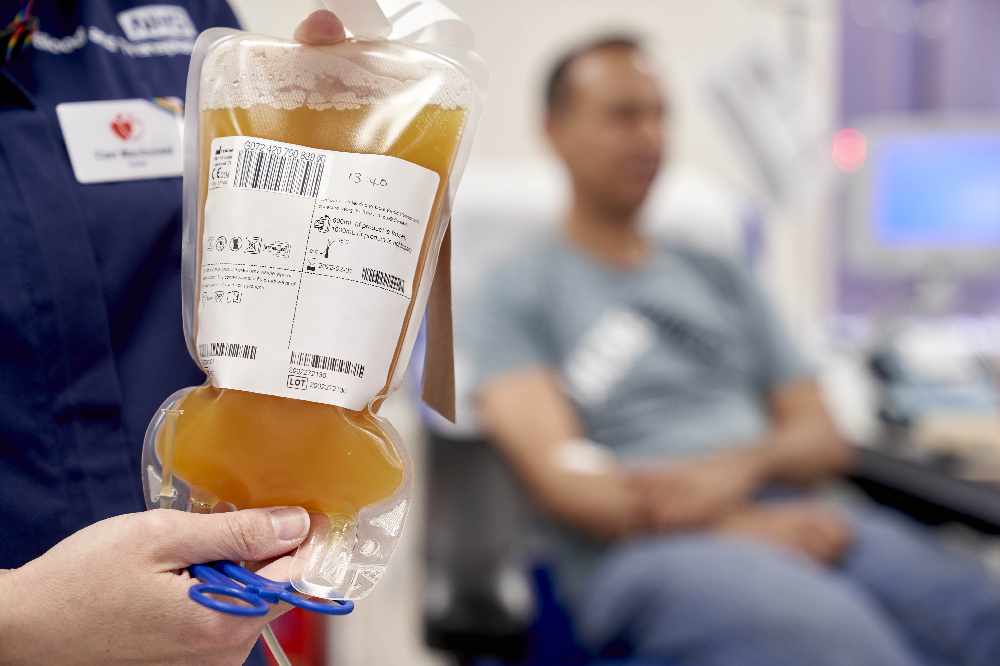
There is a critical need for more people who have recovered from the coronavirus to donate plasma in the West Midlands county this summer.
NHS Blood and Transplant has issued the public appeal to help make sure there is enough plasma to enable a trial and treat patients. The blood plasma from people who have recovered from the virus could save the lives of people who are still ill.
More than 850 donations of COVID-19 convalescent plasma have already been taken at Birmingham donor centre. However NHS Blood and Transplant needs people to come forward to help make sure appointments are filled. There is a particular need for male donors and also female donors who have had a positive test. Professor Dave Roberts, Associate Director for Blood Donation at NHS Blood and Transplant, said:
“Every new offer to donate is incredibly valuable. We particularly need men to come forwards as they generally have higher antibody levels. We need to collect convalescent plasma now, to make sure plasma is readily available for the trial to treat people currently in hospital.
“Donations can also be frozen to ensure convalescent plasma is readily available, should there be a rise in infections in the coming weeks. Please, help the NHS fight COVID-19 by donating at Birmingham donor centre. You could save lives.”
Convalescent plasma is being collected at NHSBT’s 23 donor centres around the country, and several pop-up donor centres. Donation takes about 45 minutes and your body usually replaces the plasma you’ve donated in 48 hours. Your body also quickly replaces the antibodies. People can donate plasma as often as every two weeks.
The donor plasma contains antibodies against the virus which can be transfused into people who are struggling to develop their own immune response.
Potential donors are being prioritised according to who is likely to have higher antibody levels. Some people will be asked to make a short visit first to give a blood sample, to confirm their antibody levels are high enough for the trial.
You can offer to donate by calling 0300 123 23 23 or by completing the form at nhsbt.nhs.uk.














Comments
Add a comment